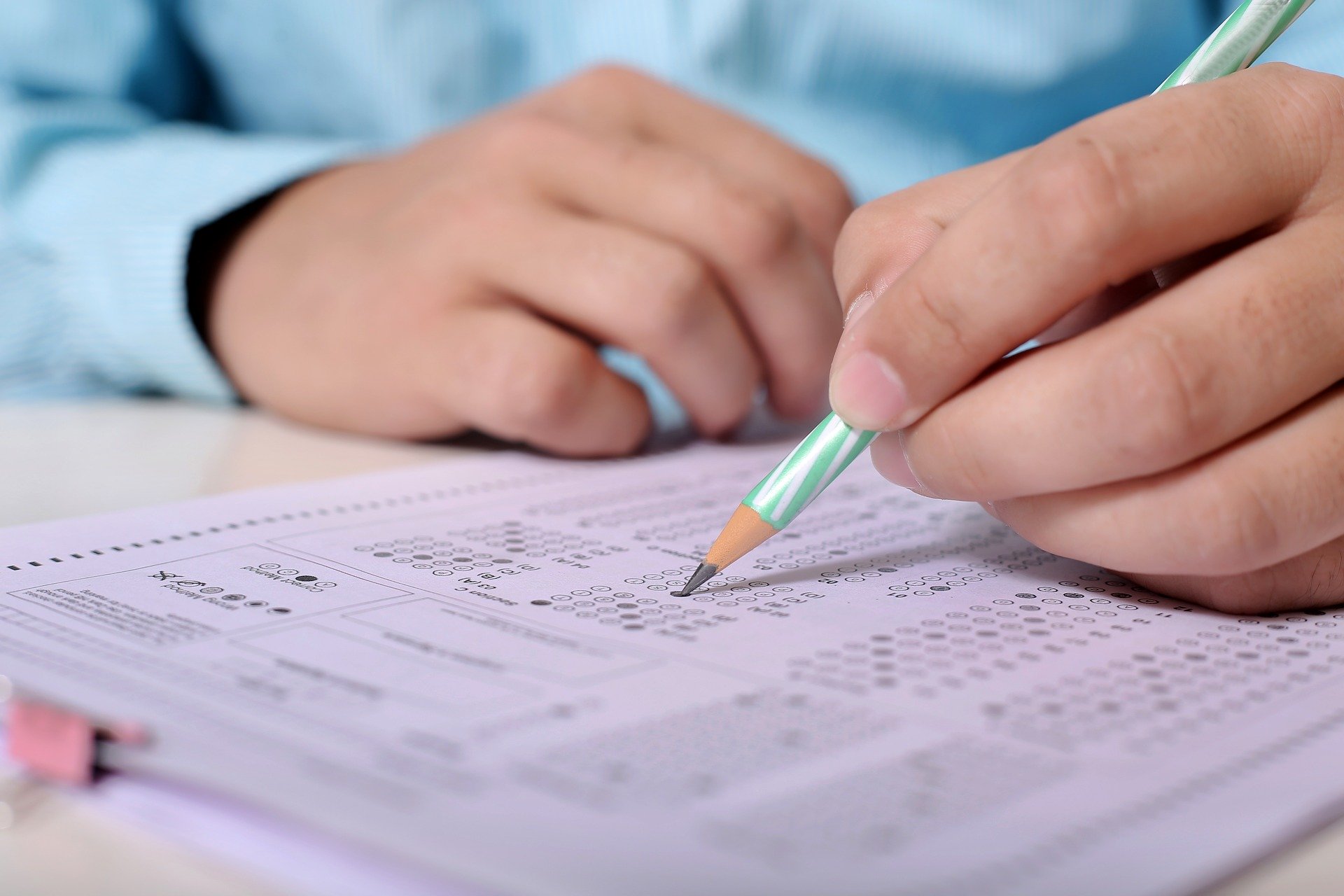Fill Me In
The Primary School Leaving Examinations (PSLE), as well as N Level, O Level and A Level examinations are scheduled to continued, announced the Ministry of Education (MOE) on 21 August.
When are the examinations?
This year’s PSLE examinations are scheduled to take place from 1 to 7 October, with safe distancing measures in place to protect both students and teachers.
Navigating COVID-19 and national exams
With a child’s first national examination occurring in the middle of a pandemic, it is easy to understand why many parents’ fears are heightened. Many worry if the Home-Based Learning system implemented earlier this year will be detrimental to their child’s performance, or if the lack of tuition will mean compromised PSLE results.
However, Yue Lip Sin, Chief Executive of the Singapore Examinations Assessments Board (SEAB) assuages these fears by informing parents that they may opt to apply for “special considerations” – a post-examination adjustment of marks – and that they will do their utmost best to ensure that every candidate will be given a fair grade.
PSLE affects both parents and children
A survey by Blackbox Research found that both parents and children find PSLE too stressful. While parents find themselves scrambling to ensure that their children have the best resources to prepare for, the children themselves are also feeling the pressure, and it’s not just because of the examinations.
In a CNA video interview on PSLE, student Idhant was well-aware of the implications of the exam. “I think about my secondary school, and what marks I will get and how I will rate in Singapore,” he said. Another student, Leia, shared that she feared going to a “bad school” because “[her] parents would probably scold [her].”
These fears of failure or doing badly have seen an increase in the number of children seeking psychological help at the Institute of Mental Health (IMH). IMH reports that stress-related, anxiety and depressive disorders are common conditions children aged six to 18 are treated for at its Child Guidance Clinics. An average of 2,400 new cases have been reported every year from 2012 to 2017.
How can parents and children cope?
There are plenty of practical tips from parenting websites, such as sassymama.sg, The Asian Parent Singapore and Focus On The Family on how to tackle PSLE as a family. These range from tips on how to study better, as well as ensuring a child’s holistic wellbeing by encouraging regular exercise, proper nutrition and ample rest.
For students such as Damien Soon, who will be sitting for the PSLE this year, engaging in regular exercise, such as swimming, football, as well as engaging in art has helped him take the edge off. “I’m not very stressed,” he declares.
Hayyan, another student, also goes for nature walks at Bukit Timah Nature Reserve and Upper Pierce Reservoir Park. His parents also reward him regularly by cooking his favourite dish – sotong masak hitam – and buying him items he wants, like a jersey from Manchester United, his favourite football team.
Other websites such as Women’s Weekly also remind parents to take proper care of their own well being, as the constant stressing may also take a toll on parents.
Ms Tee Hun Ching, a mother of two, makes it a point to remind herself to make peace with the outcome, regardless of what it is. “We have narrowed down his school choices. This helps to take some pressure off him and allows us to manage our expectations. If he does well, we will aim for a popular mission school in town. If not, we will be just as happy to enrol him in a school nearby with less stringent requirements,” she shared.
Expert opinion
Beyond the physical and mental well-being of parents and students, experts have also called for parents to ensure that they have a positive mindset towards the PSLE, a pivotal factor that will impact the child’s perception of the examinations.
MOE has reminded parents to celebrate their children’s efforts, and not their successes, meaning that the child’s score should not be the basis for how he or she is treated.
Educational Therapist, June Yong also urged parents to not compare their child’s PSLE scores with those around them, as it perpetuates the idea that children are proxies for ‘one-upmanship’, and can result in the neglect of the child’s growth and progress.
Senior Psychologist at IMH, Brian Poh concurs. In order for this to occur, he recommends parents, students and teachers to have “regular and open dialogues about school and academic stress, and being empathetic towards [students’] difficulties without making critical judgements.”




























